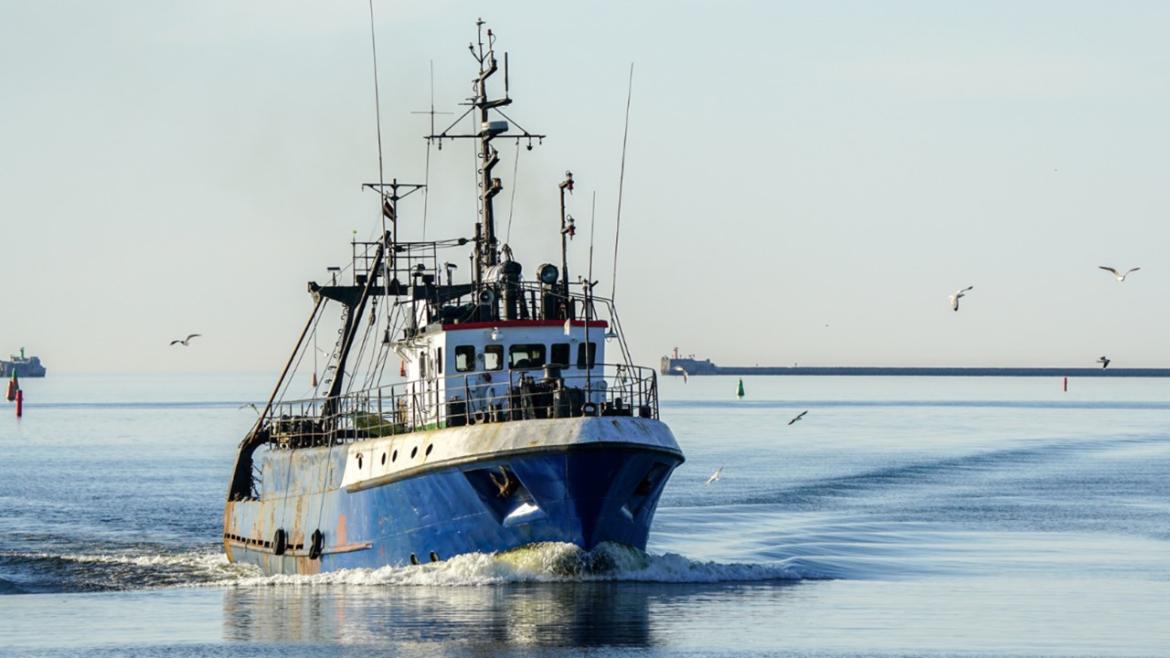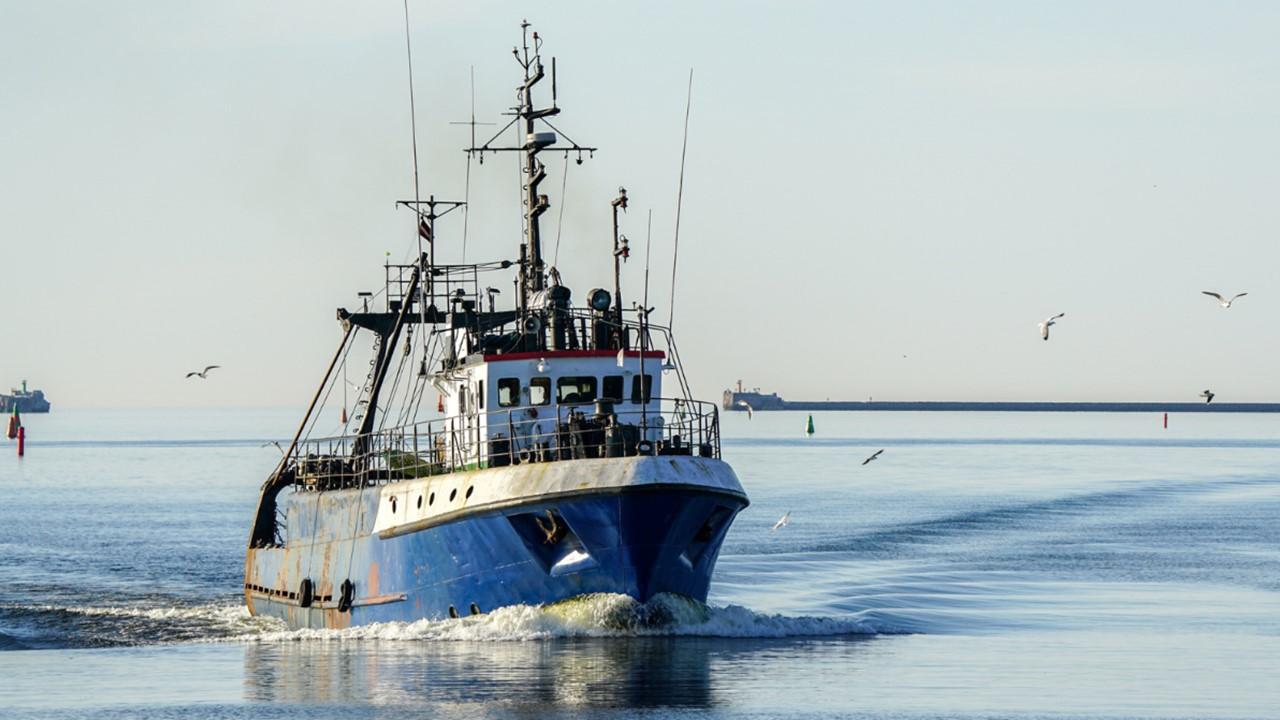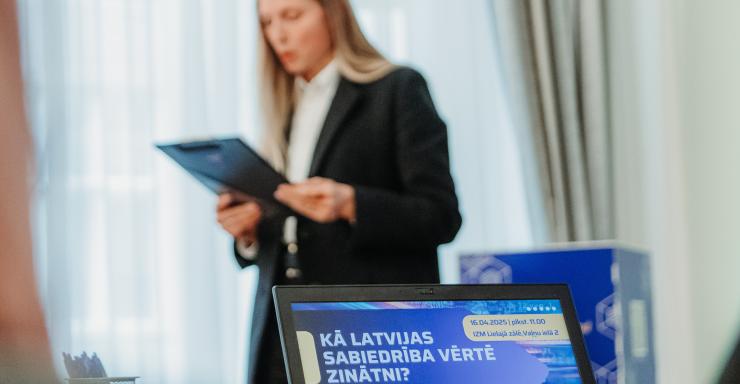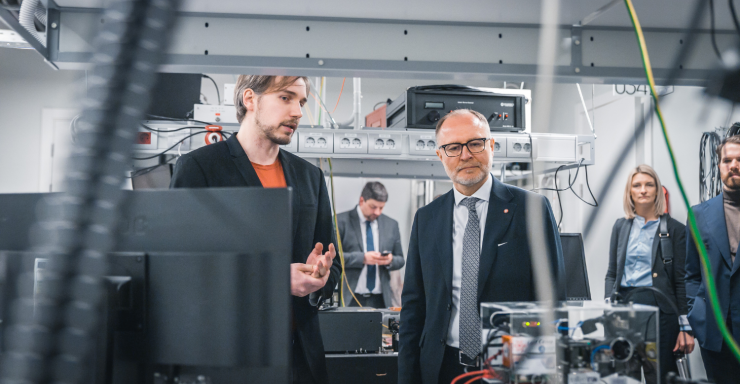For almost a year, researchers from Vidzeme University of Applied Sciences (ViA), Riga Technical University, and the Stockholm Environment Institute’s Estonian Tallinn Centre, along with entrepreneurs from Latvia and France, have been working on the project "Coastal Fishing Vessels Powered by Zero-Emission Hydrogen Fuel Cells | H2-SEAS."

During the project, the main focus is on designing, constructing, and demonstrating the operation of a prototype electric hydrogen fishing vessel.
As noted by the ViA Researcher Ojārs Balcers, data collection is one of the project’s tasks: “The data will provide statistics that will help us reach the necessary measurements.”
Researchers from the Stockholm Environment Institute’s Estonian Tallinn Centre and Vidzeme University of Applied Sciences are analyzing existing regulations and potential barriers to the implementation of such technologies.
The aim of the project is to significantly transform the small-scale fishing industry in the North Sea and Baltic Sea regions. Within the project, a fully integrated electric hydrogen fishing vessel prototype will be designed, built, and demonstrated to promote a rapid and sustainable transition to clean and efficient energy use in small-scale fishing fleets.
By using this innovative solution, based on hydrogen fuel cell technology, the vessel prototype will demonstrate improved energy efficiency and environmental friendliness, achieving zero emissions and minimal noise pollution, thereby also contributing to environmental sustainability in the maritime sector.
Achieving these results, the H2-SEAS project aligns with the European Green Deal, the EU Biodiversity Strategy for 2030, and the EU mission "Restore our Ocean and Waters by 2030," promoting a sustainable and carbon-neutral blue economy.
___________
The H2-SEAS initiative is an innovation action aimed at the general objectives of the HORIZON-MISS-2023-OCEAN-01-05 topic. The project is funded by the European Union.


